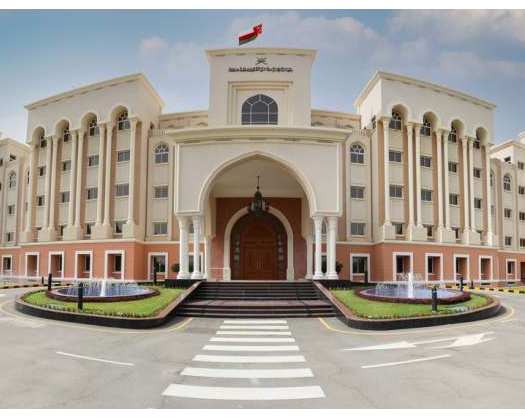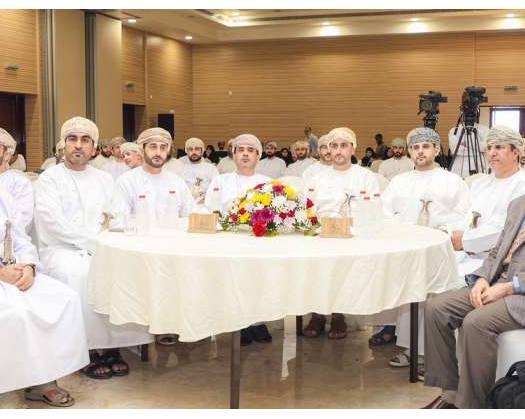Muscat: Sheikh Ghuson bin Hilal Al Alawi, Chairman of the State Audit Institution (State Financial and Administrative Audit Authority), presented the 2024 Annual Report on the results of its work to His Majesty Sultan Haitham bin Tarik.
Based on materiality and risk assessment, SAI conducted 225 audit tasks using a sample-based auditing approach, which resulted in 172 audit reports.
The results were disclosed to the appropriate organizations, which reactively took corrective actions and implemented SAI's recommendations.
Furthermore, certain irregularities that raised criminal suspicions were reported to the Public Prosecution for suitable legal action.
The report also contained a section detailing SAI's efforts to foster integrity, including statistics on financial and administrative infractions and the responses taken in response.
It also involved following up on the implementation of the United Nations Convention against Corruption, as well as SAI's involvement in related meetings, conferences, agreements, and committees.
Additionally, the report described SAI's evaluation of draft laws, regulations, and systems created by the entities being audited, offering comments on them.
The report also highlighted SAI's efforts to conduct awareness campaigns and training workshops, as well as to create associated manuals, with the goal of protecting public money and promoting integrity.
The Annual Report also included reviews of several subjects within governmental entities, such as an audit of the State's final account for 2024, assessment of tax collection and evaluation, reviews of financial and administrative activities, and an evaluation of the performance of specific directorates and departments.
The report addressed a number of issues connected to the sectors of energy, minerals, aviation, environment, electricity, water, food security, wastewater, and other key matters with respect to authorities' activities, investments, and businesses, and submitted them to the relevant entities together with SAI's observations and recommendations.
In terms of community collaboration, the SAI handled 1,378 complaints and reports in 2024 involving financial and administrative misconduct, the integrity of awarding certain tenders, abuse of position, and other related concerns based on the principle that safeguarding public fund is a joint responsibility.
These were obtained via a variety of communication channels, with around 90%
of the complaints and reports have been reviewed and resolved.
It's worth mentioning that SAI's complaints and reports portal was recognized as a best practice by the United Nations Economic and Social Commission for Western Asia (ESCWA).
The report also included an overview of SAI's key media and awareness efforts, which aim to increase awareness and adherence to ethical practices at both the institutional and societal levels.
A total of 187 media and awareness programmatic activities and events were conducted in 2024.
Throughout the year, SAI committed all of its resources and capabilities to executing its national function by completing its assigned tasks and goals with great efficiency and professionalism.
It also encouraged strong institutional and community collaboration to support sustainable development objectives.
SAI also forwarded copies of the Annual Report to the Council of Ministers, Shura, and State Councils in accordance with Article 66 of the Basic Law of the State, promulgated by Royal Decree No. 6/2021, and Article 29 of the State Audit Law, issued under Royal Decree No.
111/2011.
These articles state that SAI must prepare an annual report on the outcomes of its work, which the Chairman of the Institution submits directly to His Majesty the Sultan.
A copy of the report is also provided to the Council of Ministers, State Council, and Shura Council before the conclusion of the following financial year.
The report covered numerous themes that arose from SAI's exercise of its mandates and audit of government units, authorities, investments, and companies that are subject to its audit, in accordance with the approved 2024 annual audit plan.
These tasks were carried out in accordance with Oman Vision 2040 and in line with the International Organization of Supreme Audit Institutions (INTOSAI) fundamental principles, particularly those pertaining to comprehensiveness, clarity, conciseness, accuracy, objectivity, and audit manuals.








